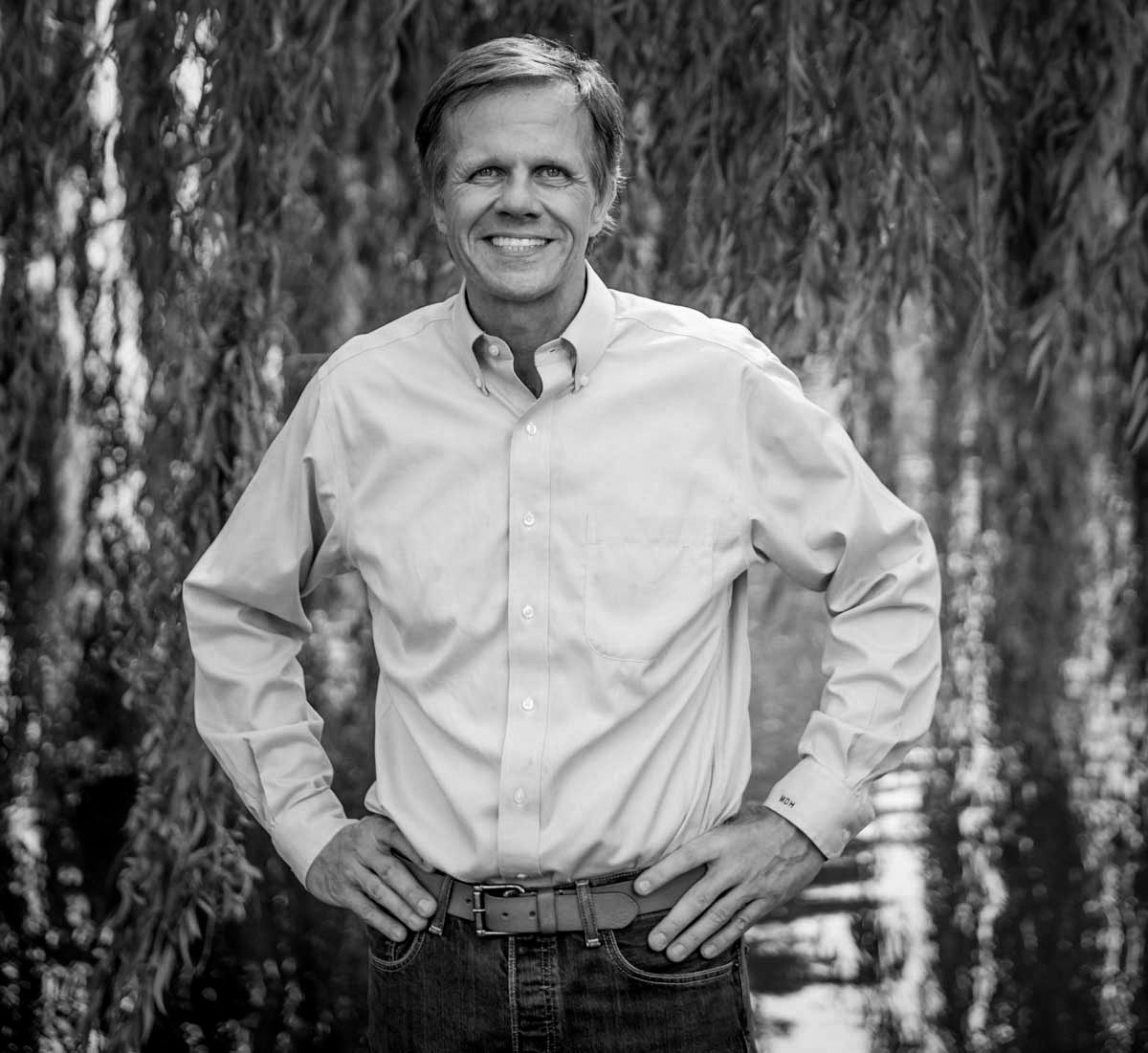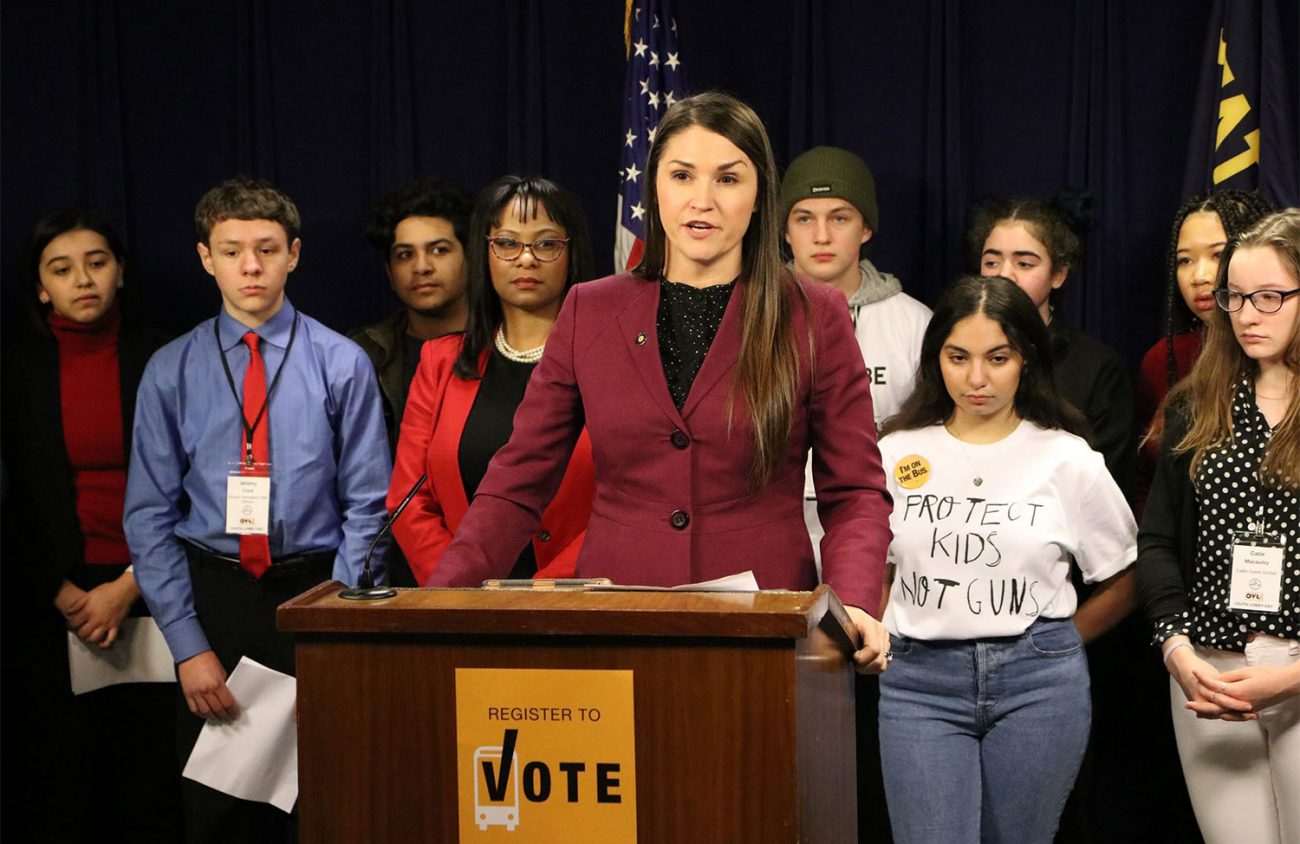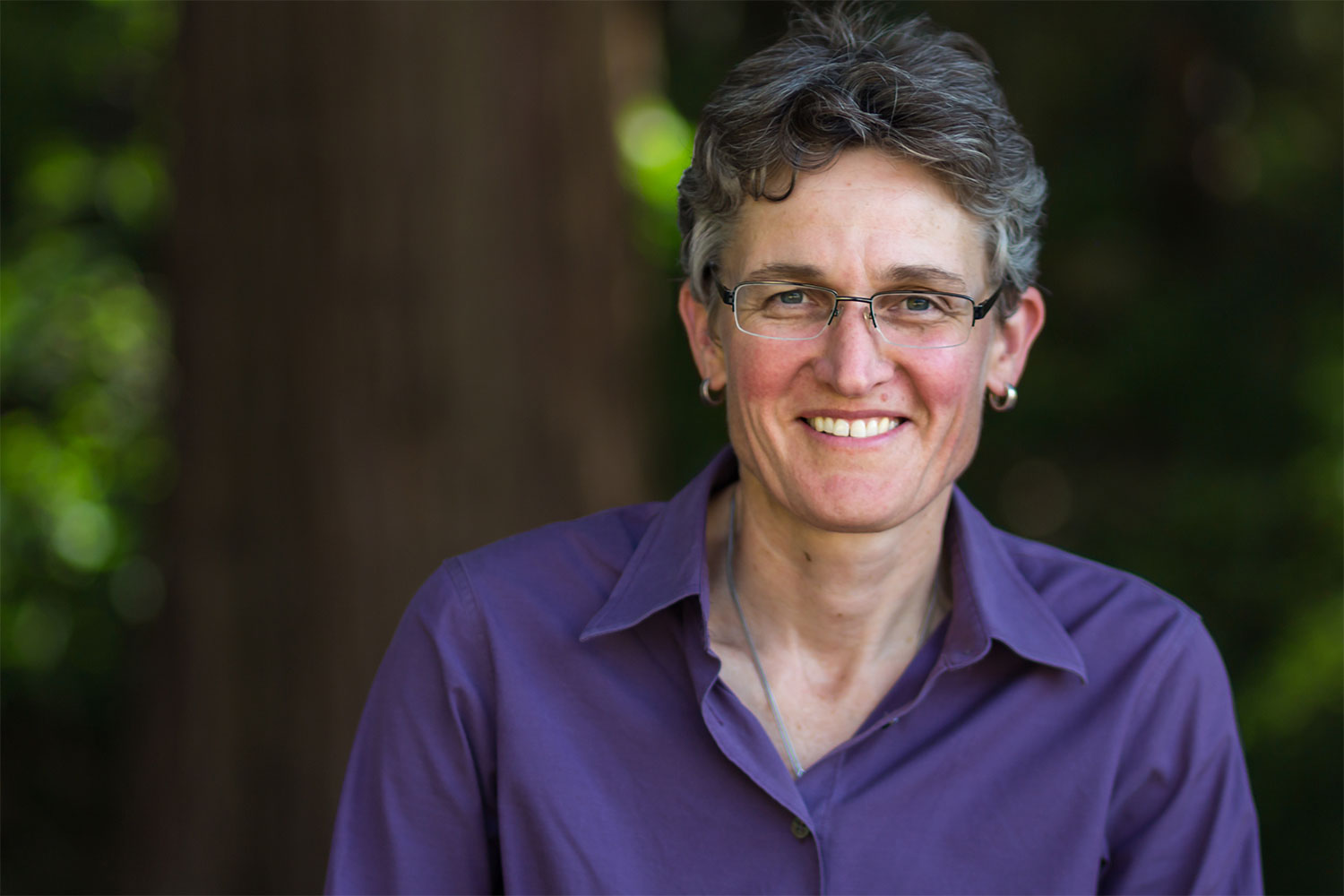Oregon’s office of Secretary of State has seen a lot of turnover since Kate Brown had the rare opportunity to take over the governor’s seat following John Kitzhaber’s resignation in 2014. Over the last 10 years, Oregon has had four secretaries of state.
In May, since Oregon has closed primaries, Democratic Party-registered voters will decide which of three candidates will take on the likely Republican candidate — pro-Timber Unity Sen. Kim Thatcher of Keizer.
Eugene Weekly talked to the three candidates seeking the Democratic Party’s nomination, and they have a lot in common. They want the office to incorporate climate change as an element of auditing, to tackle misinformation spread during election cycles and for the candidate to serve a long tenure in office. But in addition to legislative experience, there are some slight differences in their platforms.
Sen. Mark Hass has been in Salem for 20 years. He’s served the longest time in Salem compared to the other candidates and was a major player in getting the Student Success Act passed in 2019. He says his experience in the Legislature taught him to handle the pressures of big challenges while staying independent, and the office needs someone who can be independent.
“I don’t think you can come in and say, ‘I’ve never done redistricting, but I’m sure I can hire experts to help me with this,’” he says. “I understand the pressures and how to get things done, partisan or not.”

Hass says as secretary of state, he’d want to open Oregon’s primaries. He says he formally asked the Democratic Party of Oregon to open its primaries in 2019, but the party voted against it.
“Unaffiliated voters are now the largest group of voters,” he says. “We’re telling this largest group of voters who pay taxes that they can’t vote in a primary. I just think that’s wrong.”
He adds that some of those voters possibly registered through the Motor Voter Act with no preference, but the larger trend is voter disinterest in the two-party system.
“That is a state conversation that the secretary of state needs to have next year,” he says. “If the parties don’t do it, you could change the law. That feels a little heavy handed, but we gotta have that conversation.”
Hass’ largest donations come from railroad car manufacturer The Greenbrier Companies ($5,000) and $5,000 from Sydney DeBoer, founder and chairman of Lithia Motors in Medford. The average contribution to his campaign is $720, according to OreStar, the state’s campaign finance transparency website.
State Sen. Shemia Fagan of the Portland area is the most recent candidate to line up for the race. She announced her candidacy in the weeks after Rep. Jennifer Williamson exited the race in response to a Willamette Week report on her campaign spending.
Fagan already received many endorsements, including from the American Federation of State, County and Municipal Employees union and NARAL Pro-Choice America. Her campaign has seen some large donations, too. She received $15,000 from AFSCME, $10,000 from Citizen Action for Political Education and $5,000 from Friends of Val Hoyle. Since filing Feb. 29, her campaign has raised a total of nearly $41,000, with an average contribution of $3,415.
With COVID-19 threatening physical polls throughout the U.S., Fagan says current Secretary of State Bev Clarno should be pushing every state in the nation to adopt vote by mail. If she were in office, she says she’d be advocating for nationwide use of mail-in ballots.
Fagan says she’d travel throughout the state to hear what everyday Oregonians have to say because most of the state doesn’t know anything about the office or who holds it. That’s not because of the decade of high turnover; it’s because previous officers haven’t committed to outreach, she says, adding that while she’s away from Salem, she’d have a strong deputy to oversee the day-to-day activities.
Because the secretary of state oversees state agencies, Fagan says she would apply the strategy that former Secretary of State (and former governor) Barbara Roberts had when in office: attend agency meetings.
And Fagan wants to tackle a public records loophole that allows politicians to have caucus conversations and vote against legislation deemed by parties as “bad bills.”
Fagan also says she would use the office’s outreach department more to combat misinformation. What threatens Oregon’s democracy more than any form of hacking is the spread of misinformation. She says she would direct her office to tackle this threat, encouraging Oregonians to rely on credible news sources.
Jamie McLeod-Skinner, a resident of Terrebonne, is an elected board member of the Jefferson County Education Service District and a member at large for the Oregon Watershed Enhancement Board.
She first got attention from the state when she took on Congressman Greg Walden in 2018 and offered him his biggest general election challenge in a while. She traveled more than 35,000 miles across the seventh largest congressional district in the U.S. in a trailer to meet with voters. Walden still won his 11th term to Congress, but McLeod-Skinner carved out some huge support for a Democrat on Oregon’s rural east side.
McLeod-Skinner says the House flipped in 2018 and probably won’t have a Republican takeover in 2020, so she decided not to run for that seat again.
She filed for secretary of state in August 2019. Since then, OreStar says she’s raised $202,000 with an average contribution of about $300.
Although she laughs that people tease her for thinking “auditing is sexy,” she says there’s a sense of urgency about why she’s running for secretary of state, particularly on redistricting. She doesn’t want to see the state fall into the gerrymandering mess that Wisconsin Gov. Scott Walker caused in his state.
The Legislature has a bigger role in redistricting, but she points out that a political walkout could jeopardize that process, leaving it to the Secretary of State.
“This one person could shape and change the state,” she says. “Even if that individual is a nice person, the political party steps in.”
She says she would establish an advisory body that brings together former secretaries of state, communities of interest, tribal communities and members of the Legislature. It’d be an open process that would be live streamed and open to the public with meetings throughout the state, she says.
In May, she says, Democrats should be concerned about whom they’re nominating for November because former Secretary of State Dennis Richardson proved in 2016 that Republicans can still win statewide elections in a blue state. So voters should consider a Democrat’s electability in November who understands issues outside of the Willamette Valley.
“We need someone who can get votes statewide,” she says. “I have a huge advantage over my colleagues with the name recognition and political infrastructure I built in two-thirds of the state.”
Oregon’s primary election is May 19, voter registration is April 28 and ballots are mailed April 29.
A Note From the Publisher

Dear Readers,
The last two years have been some of the hardest in Eugene Weekly’s 43 years. There were moments when keeping the paper alive felt uncertain. And yet, here we are — still publishing, still investigating, still showing up every week.
That’s because of you!
Not just because of financial support (though that matters enormously), but because of the emails, notes, conversations, encouragement and ideas you shared along the way. You reminded us why this paper exists and who it’s for.
Listening to readers has always been at the heart of Eugene Weekly. This year, that meant launching our popular weekly Activist Alert column, after many of you told us there was no single, reliable place to find information about rallies, meetings and ways to get involved. You asked. We responded.
We’ve also continued to deepen the coverage that sets Eugene Weekly apart, including our in-depth reporting on local real estate development through Bricks & Mortar — digging into what’s being built, who’s behind it and how those decisions shape our community.
And, of course, we’ve continued to bring you the stories and features many of you depend on: investigations and local government reporting, arts and culture coverage, sudoku and crossword puzzles, Savage Love, and our extensive community events calendar. We feature award-winning stories by University of Oregon student reporters getting real world journalism experience. All free. In print and online.
None of this happens by accident. It happens because readers step up and say: this matters.
As we head into a new year, please consider supporting Eugene Weekly if you’re able. Every dollar helps keep us digging, questioning, celebrating — and yes, occasionally annoying exactly the right people. We consider that a public service.
Thank you for standing with us!

Publisher
Eugene Weekly
P.S. If you’d like to talk about supporting EW, I’d love to hear from you!
jody@eugeneweekly.com
(541) 484-0519

